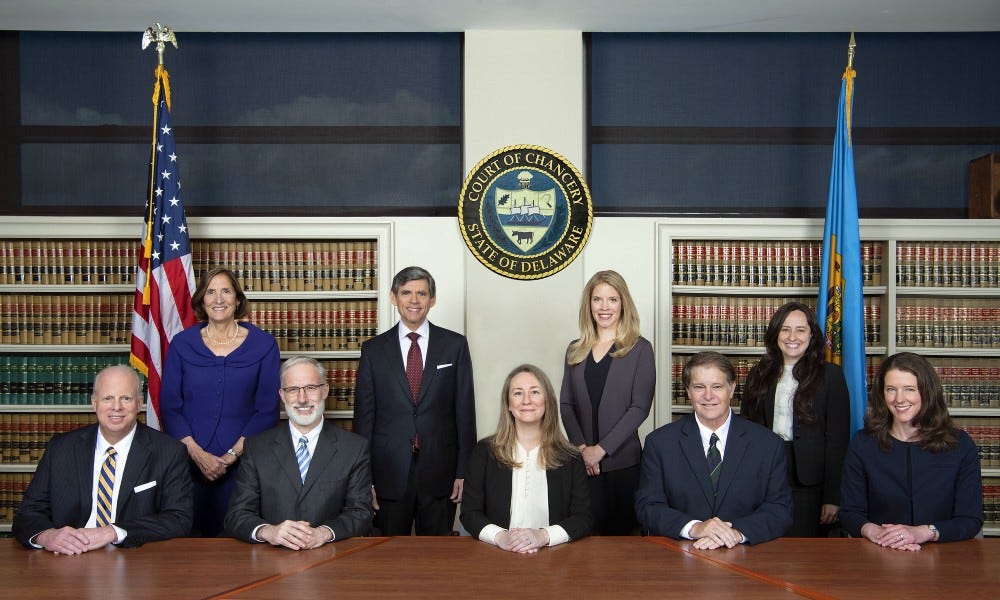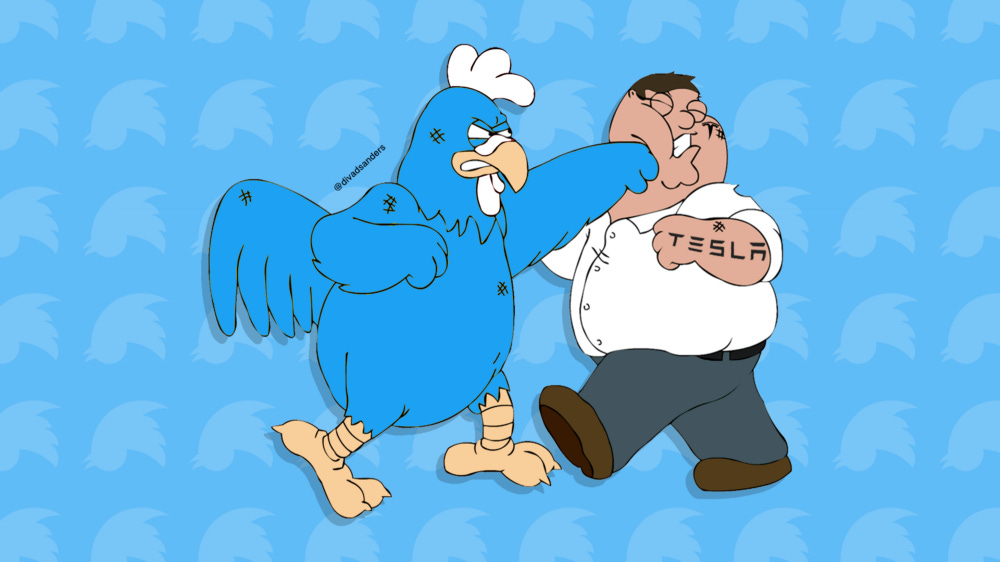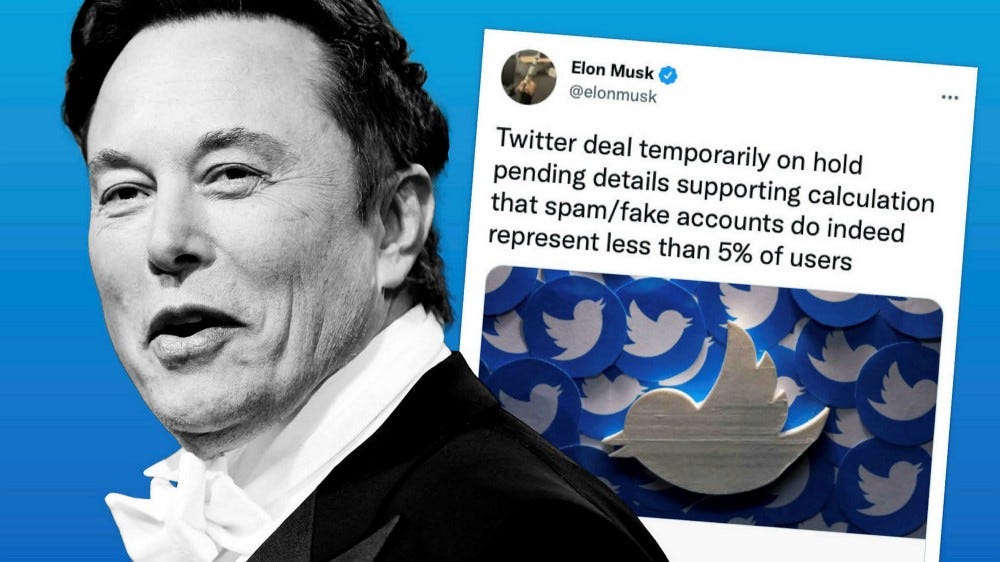Elon Musk v. Twitter Showdown is Getting the Delaware Treatment
A legal institution you never heard of could change the tide
Twitter has won its first victory in the court case against prospective buyer Elon Musk, winning a motion to shorten the trial to five days in October.
With $44 billion at stake, Twitter is doing its best to keep Elon in play.
Twitter wanted to hold the trial as soon as possible to reduce the anxiety and uncertainty that has surrounded the company since Elon began his attempt to back out of the agreement. Musk, on the other hand, requested more time to consider his complaints against Twitter, notably his claim that the business never supplied him with the data he needed to independently gauge the level of spam accounts in its network.
This epic corporate drama will now take place in Delaware’s Court of Chancery, an essential agency that you may not be familiar with. Let’s look more closely at the court’s history and role in similar instances to the Twitter-Musk fiasco.
Why is Delaware so important to this case?

The Delaware Court of Chancery has been in existence for 230 years and, besides the Dogfish Head beer label, is one of the only indications that Delaware is an actual place on a map.
It’s odd that Musk, the electric car billionaire and space enthusiast, will be subject to the whims of a court with roots in feudal England, but that’s exactly what will happen: The concept of a Court of Chancery emerged in England in the 15th century to resolve arguments, frequently over property, that fell outside of common law.
That’s also the attitude in Delaware’s Chancery Court.
It makes financial decisions in circumstances when legal precedent is questionable, and it has the authority to create more original solutions. Delaware is one of just three states with designated Chancery Courts, the others being Tennessee and Mississippi.
However, Delaware’s Chancery Court is undoubtedly the most well-known of the three due to its extensive knowledge of corporate law. More than 60% of Fortune 500 businesses are incorporated in Delaware, thanks in part to the Chancery Court’s ability to consider possible lawsuits quickly and thoroughly.
Past court cases point in favor of Twitter
The Delaware Court of Chancery handles high-profile corporate disputes, such as when one side in a merger attempts to back out of an agreement.
The specifics of this case should worry Elon Musk as his chances of getting out of his Twitter deal are less than optimistic.
Chancellor Kathaleen McCormick, who will preside over the Twitter case, decided last year on a dispute in which Kohlberg, a private equity firm, wanted to cancel its acquisition of cake decoration maker DecoPac. Kohlberg claimed that the COVID-19 pandemic had a “material adverse effect” on DecoPac’s financial performance (a similar position that Elon could take, without the Covid mention). In that case, McCormick determined that the transaction must go forward.
When Tyson attempted to abandon a multibillion-dollar purchase of IBP in 2001, the nation’s largest beef packer at the time, the court issued a similar verdict. Despite IBP’s financial difficulties, which Tyson contends were never revealed, the Court of Chancery concluded that the acquisition must proceed.
Nonetheless, the Chancery Court has allowed a merger partner to withdraw from an agreement, such as with Akorn Pharmaceuticals in 2018. Because Akorn’s finances had worsened dramatically, the court allowed Fresenius, a health care business, to withdraw from the acquisition in 2018. Akorn was also discovered to have weak data security and failed to respect the regulatory agreements set in place by the acquisition.
Musk, for one, is familiar with the internal workings of the Chancery Court. He appeared in court earlier this year to defend himself in a dispute launched against Tesla for its purchase of SolarCity.
Tesla shareholders argued that the company’s 2016 acquisition of SolarCity, a solar panel startup whose largest shareholder was Musk, constituted a conflict of interest. Musk and his lawyers successfully defended him against the suit.
In the case of Twitter, Musk will very certainly aim to prove that the company has not supported its statements that less than 5% of Twitter accounts are fake and that the true, higher number of bot accounts has a “material adverse effect” on Twitter’s business. Musk’s lawyers will also claim that Twitter has violated the terms of the acquisition deal by neglecting to produce papers sought by Musk and failing to obtain Musk’s approval on business choices. Twitter refers to the bot controversy as an “irrelevant sideshow.”







